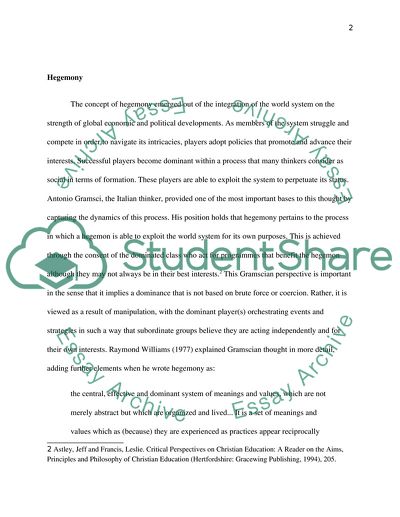Cite this document
(“United States and the neo-Gramscian perspectives Essay”, n.d.)
Retrieved from https://studentshare.org/social-science/1651054-united-states-and-the-neo-gramscian-perspectives
Retrieved from https://studentshare.org/social-science/1651054-united-states-and-the-neo-gramscian-perspectives
(United States and the Neo-Gramscian Perspectives Essay)
https://studentshare.org/social-science/1651054-united-states-and-the-neo-gramscian-perspectives.
https://studentshare.org/social-science/1651054-united-states-and-the-neo-gramscian-perspectives.
“United States and the Neo-Gramscian Perspectives Essay”, n.d. https://studentshare.org/social-science/1651054-united-states-and-the-neo-gramscian-perspectives.


